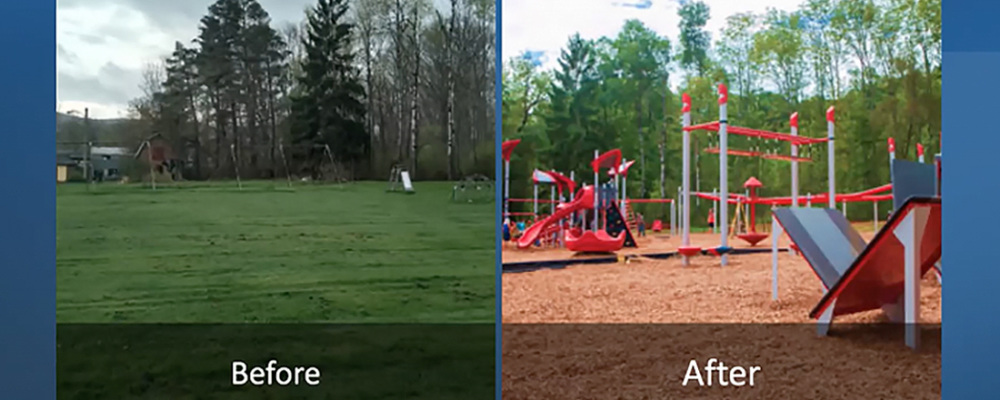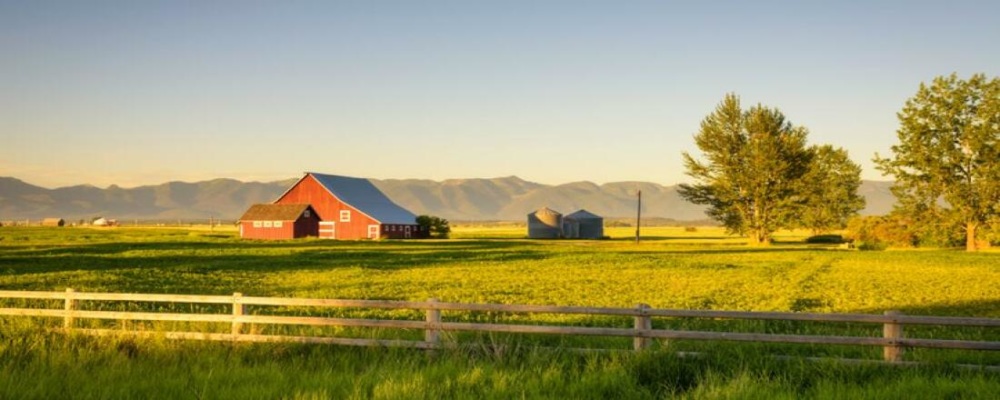
Crosswalk Essays: Stories About the Connection Between Health and Place
-
Focus Areas
Capacity Building & Leadership, Healthy Communities -
Issues
Community Development, Mental Health, Rural Health -
Expertise
Leadership Development -
Programs
Build Healthy Places Network
In these Crosswalk Essays from PHI’s Build Healthy Places Network, learn how policymakers, community developers and residents are connecting to find the correlation between health and place.

For Us, By Us: Self-Determination and Community Power at the Forefront of Tribal Land Development
Tribal nations have faced barriers to self-determination since the U.S. was founded, but multi-sector partnerships focused on providing Tribal members with affordable housing and healthcare become more widespread.
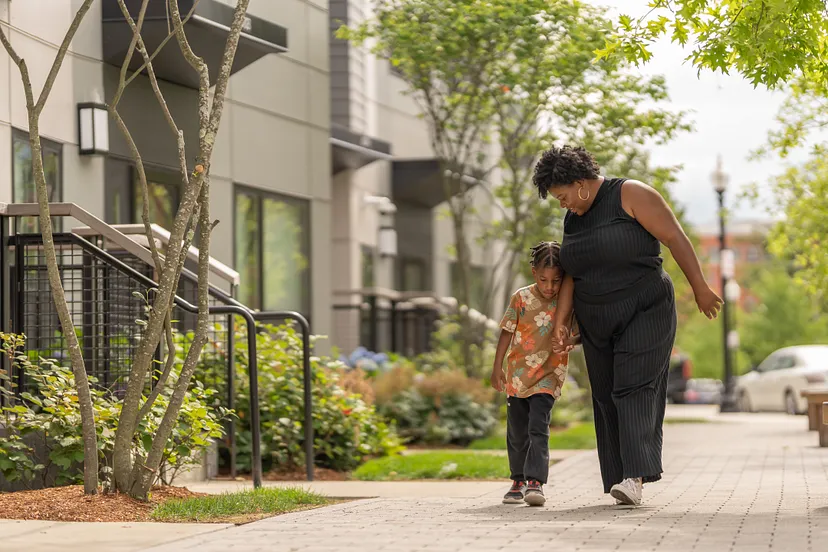
It’s Not Just About the Buildings: How Community Development Organizations are Promoting Residents’ Mental Health
Around the country, housing and community development groups are increasingly stepping up to partner with residents to improve community well-being by proactively strengthening residents’ emotional and mental health.
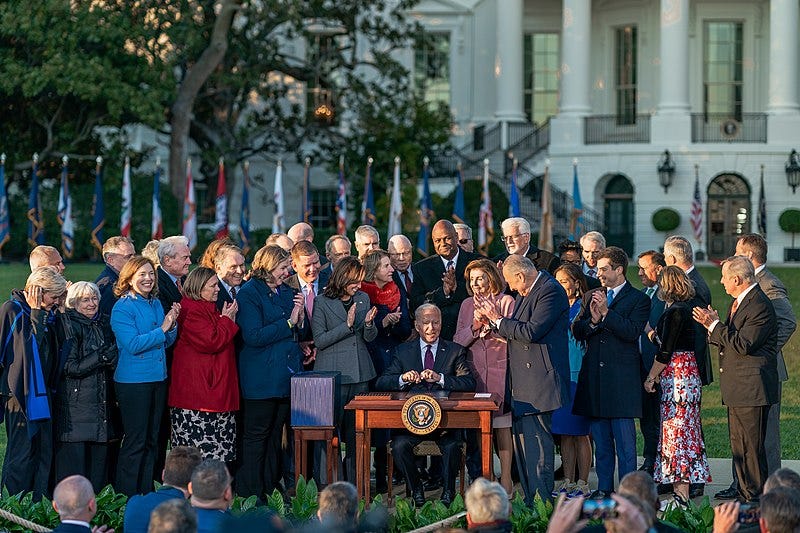
Finding Health in the Infrastructure Law: New Opportunities for Community Investments that Address the Social Determinants of Health
The Biden administration’s “once-in-a-generation” push to revamp U.S. infrastructure keeps people’s well-being at its heart. Read how the proposed legislation hopes to grow the economy, both "sustainably and equitably."
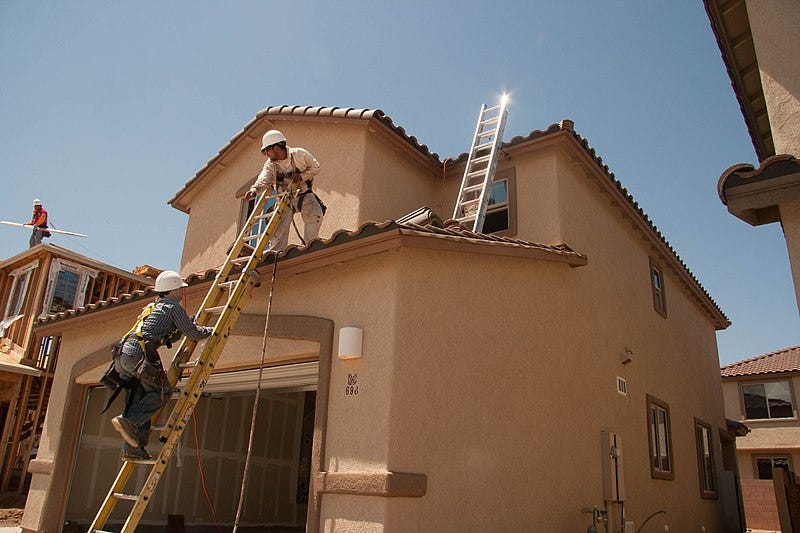
The Power of Partnerships: Solving a Challenge for Healthcare
As the affordable housing crisis escalates and labor markets get competitive, healthcare systems turn to multi-sector partnerships to build affordable workforce housing to sustain recruitment. Learn how this collaboration is promoting both short- and long-term solutions for the future.
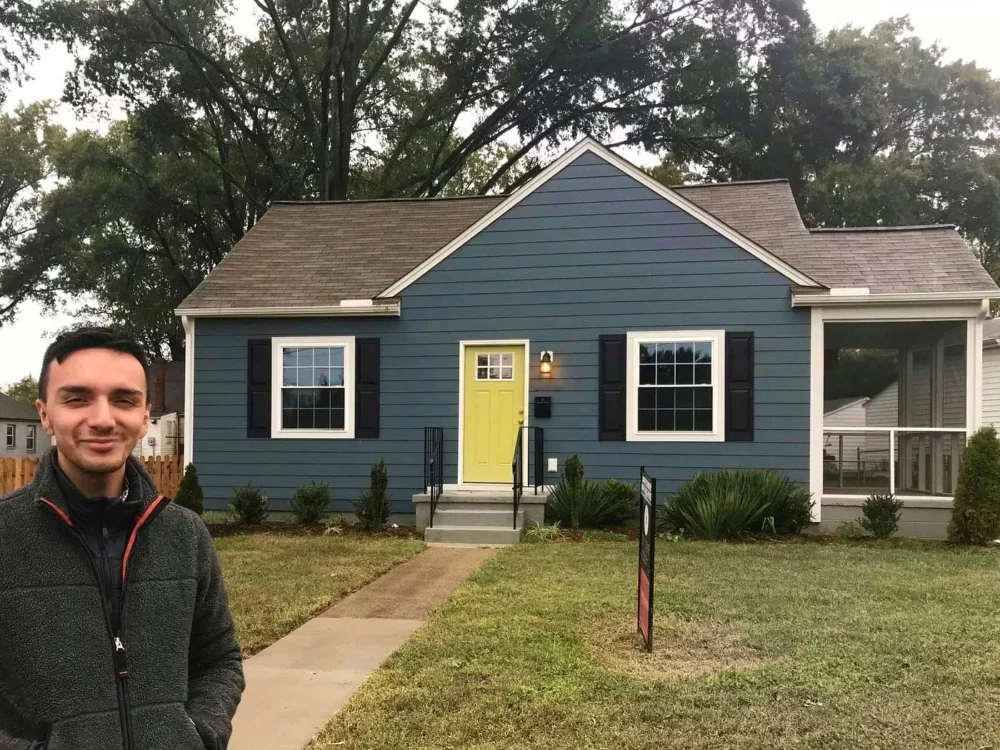
Community-Owned Land Trusts Catch Hospitals’ Eye
The dual benefits of community ownership mean better health for residents and patients. Learn how land trusts are providing a foundation for equitable access and wealth-building.
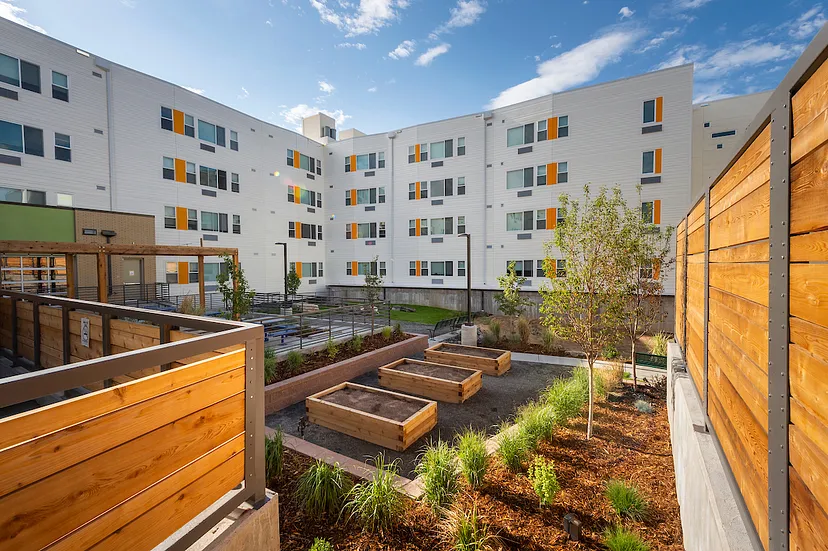
Anti-Racism Sparks Movement for Trauma-Informed Design
Efforts to address trauma are finally being democratized. Using design to create spaces that feel safe is vital to addressing the impact of race-based stress, say advocates.
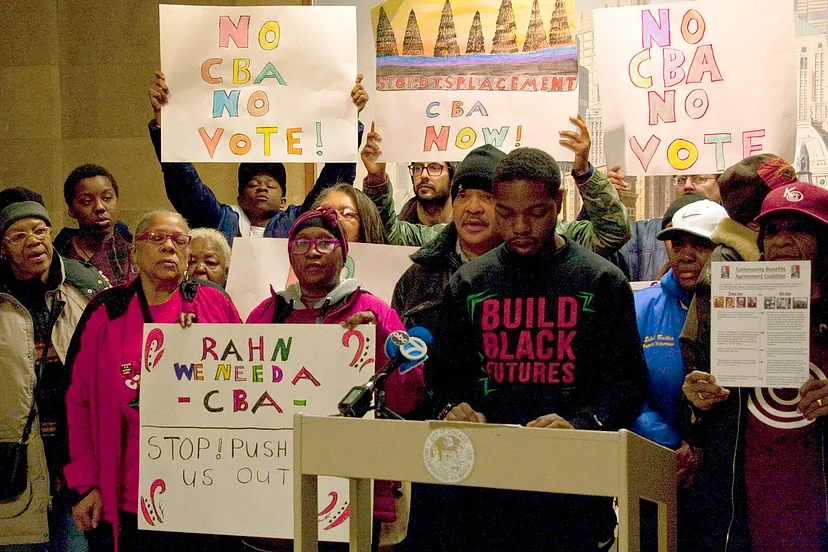
How to Prevent Gentrification’s Displacement
Community benefits agreements, community ownership, and resident voice can help neighborhoods thrive from local investment. Learn how residents in Chicago are using these tools to speak out against displacement.
Photos courtesy of Crosswalk Magazine
PHI’s Build Healthy Places Network is on a mission to shift the way organizations work across the community development, finance, and health sectors in order to collectively advance equity, reduce poverty, and improve health in neighborhoods across the country.
Originally published by Build Healthy Places Network
Work With Us
You change the world. We do the rest. Explore fiscal sponsorship at PHI.
Support Us
Together, we can accelerate our response to public health’s most critical issues.
Find Employment
Begin your career at the Public Health Institute.

